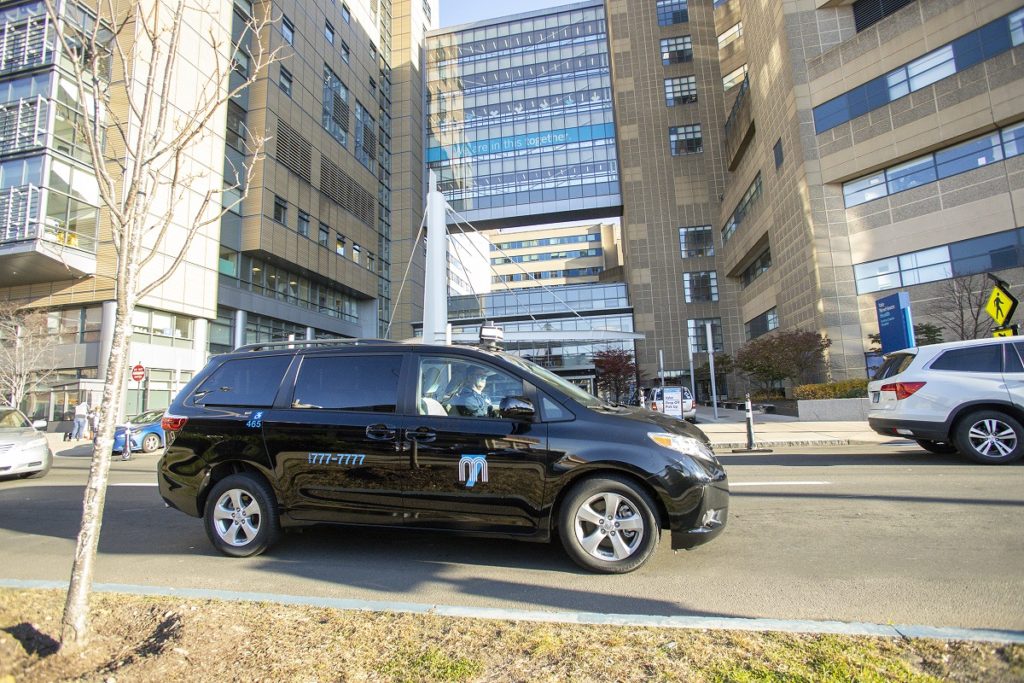Streamlined Medical Transportation Services Near Me: Guaranteeing Comfort and Care
Streamlined Medical Transportation Services Near Me: Guaranteeing Comfort and Care
Blog Article
Easily Accessible and Affordable Medical Transportation Options for Seamless Wellness Assistance
In the realm of medical care, the access and cost of medical transport are critical in guaranteeing people can access the treatment they need when they require it. The capability to flawlessly navigate transport alternatives can significantly affect a person's capacity to obtain prompt clinical interest, follow-up treatment, and general well-being. From non-emergency clinical transport services to innovative services like telehealth, the landscape of medical transport is evolving to fulfill the diverse needs of people. Considering the relevance of this aspect in health care distribution, exploring the variety of choices readily available becomes necessary for addressing spaces in availability and cost.
Non-Emergency Medical Transportation Services

These solutions are staffed by experienced professionals who focus on person comfort and safety during transit. Vehicle drivers are geared up to manage individuals with varying medical requirements and make sure that all trips are smooth and stress-free - Medical Transportation Services Near Me. Furthermore, non-emergency medical transportation services frequently utilize specialized cars that are wheelchair-accessible, making them suitable for a vast array of patients with various wheelchair needs
Volunteer Chauffeur Programs
Volunteer vehicle driver programs are important in offering transportation support for individuals in need of non-urgent clinical treatment. These programs count on the generosity of volunteers that contribute their time and cars to help transportation individuals to and from medical consultations. By making use of volunteer motorists, organizations can offer a cost-effective remedy for people who may not have accessibility to trusted transport.
One of the vital advantages of volunteer driver programs is the individualized treatment and attention that people get. Unlike conventional transportation services, volunteer chauffeurs commonly create a connection with the individuals they help, producing a encouraging and compassionate environment throughout what can be a difficult time. Furthermore, volunteer chauffeur programs can aid bridge the void for individuals staying in rural or underserved areas where public transport choices may be restricted.
Public Transport Options

Among the key advantages of public transportation is its extensive schedule in country and urban areas alike. This considerable network enables individuals from diverse backgrounds to travel to clinical appointments with family member convenience. Additionally, mass transit systems are frequently outfitted to suit individuals with impairments, giving accessible travel alternatives for those with flexibility challenges.

Ride-Sharing and Transport Network Firms
The development of modern-day transportation alternatives for clinical purposes expands beyond typical public systems like buses and trains to incorporate the cutting-edge realm of ride-sharing and transport network companies. Ride-sharing services such as Uber and Lyft have actually changed the way people travel to clinical consultations, providing comfort and versatility to clients who might not have access to their cars or typical mass transit. These systems allow customers to ask for a trip with the touch of a button on their smart devices, offering door-to-door solution that can be especially useful for people with movement challenges or those requiring assistance.
Transport network firms (TNCs) have also played a significant duty in linking the space in medical transportation solutions. Business like Veyo and RoundTrip focus on non-emergency medical transportation, dealing with patients that require a higher level of support throughout their trips to medical centers. By partnering with address medical care suppliers and insurance companies, TNCs make certain that individuals can access trustworthy and prompt transport remedies, inevitably adding to enhanced health and wellness end results and patient complete satisfaction.
Telehealth and Online Assessments
Enhancing medical care accessibility and comfort, telehealth and online examinations have actually emerged as essential elements in modern clinical practices, changing the means patients communicate with health care companies. This strategy not just saves time and reduces transportation costs for clients yet additionally improves the total performance of medical care delivery.
Furthermore, telehealth plays a vital duty in expanding medical services to underserved neighborhoods, backwoods, and people with restricted see here wheelchair. By damaging down geographical obstacles and enhancing healthcare outreach, telehealth promotes very early intervention, connection of treatment, and client engagement. As modern technology proceeds to advancement, telehealth is poised to play a progressively substantial duty in shaping the future of medical care distribution, fostering enhanced health and wellness end results and patient contentment.
Final Thought

From non-emergency clinical transport services to ingenious solutions like telehealth, the landscape of medical transport is developing to fulfill the varied demands of people.Non-Emergency Medical Transport Services promote the secure and timely transport of individuals needing non-urgent medical care to and from healthcare centers.The development of modern-day transportation options for clinical purposes extends past conventional public systems like trains and buses to incorporate the cutting-edge world of ride-sharing and transportation network firms.Transportation network companies (TNCs) have also played a considerable role in connecting the gap in clinical check my site transport solutions. Non-Emergency Medical Transportation Solutions, Volunteer Driver Programs, Public Transportation Options, Ride-Sharing and Transportation Network Firms, and Telehealth and Virtual Consultations all play a vital duty in dealing with transport obstacles to health care access.
Report this page